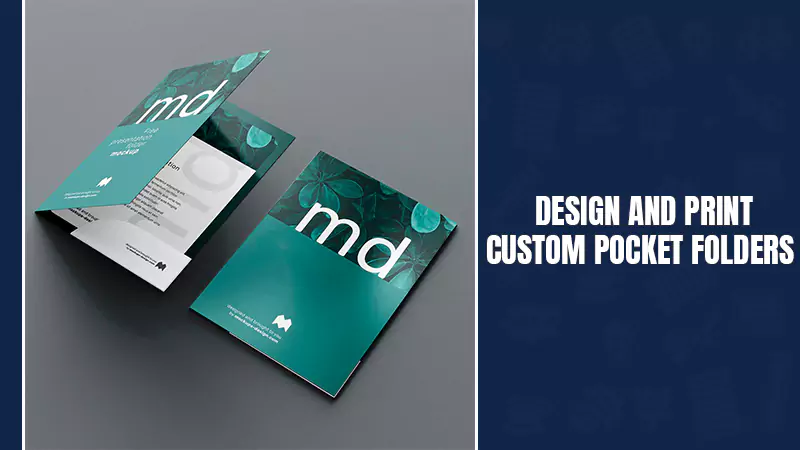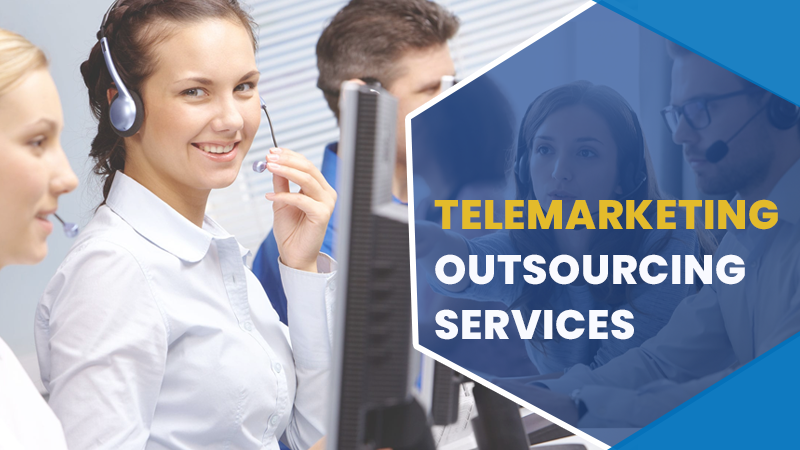Singapore’s Enterprise Resource Planning (ERP) System: Complete Guide
Enterprise resource planning (ERP) systems are a key component of any company’s IT infrastructure. They allow managers to manage and optimize their business processes and resources. ERP systems are typically used in larger companies, but they can also be used by smaller businesses. In this blog post, we’ll discuss the different types of ERP systems and what you need to know before choosing one.
What is Enterprise Resource Planning (ERP)?
Some of the best software development companies ensure that their services stay ahead of the curves and the ERP one is no different.
Enterprise resource planning in Singapore systems can be used in a few different ways. To understand what ERP is and how it works, let’s take a look at the different types of ERP systems that are available to businesses.
The first type of ERP system is enterprise resource planning (ERP). Enterprises use ERP systems to manage business processes, such as payroll and inventory control, in an organized and efficient manner.
In this world, every single business needs such a system. The good news is that there are plenty of good options available to help you decide which one best fits your needs.
What are the Benefits of Using ERP Systems?
You might be thinking, “Why do I need enterprise resource planning in Singapore?” Well, there are a lot of reasons why you might want to use an ERP system. Some of them can help you optimize your business processes and make your business run more efficiently.
A great example is how Enterprise resource planning in Singapore can help you create reports that show you the trends in your business’s finances. You’re able to see if sales are increasing, how much profit is being made, and what’s causing it. This handy tool can also give you access to valuable data about your customers that could be used for marketing or customer service purposes.
Another benefit of using Enterprise resource planning in Singapore is that it allows managers to keep track of all the different companies within their company. It makes it easy for them to communicate with other departments or divisions without having to go back and forth between HR and finance. Additionally, managing multiple businesses requires managers to have a good understanding of their budgets and expenses as well as their costs for operating each of those businesses.
So, if you’re looking at tech-based solutions for IT infrastructure, consider choosing one with Enterprise resource planning in Singapore option instead of a traditional server solution because they will allow you to take advantage of all the benefits
What are the Different Types of ERP Systems?
ERP systems can be broken into two main categories: enterprise resource planning (ERP) systems and enterprise information management (EIM) systems. Each type offers a different set of benefits to your business.
The key to understanding ERP and EIM software is that they both offer the same basic function—to manage company resources, processes, and information.
You may know some of the basics of ERP software, like how it keeps track of bills, sales reports, inventory, etc. But you’ll need to understand more about EIM software if you want to use it in your business.
In this blog post, we’ll go over the differences between these two types of ERP systems and give you an overview of what needs to be considered before choosing one.How to Choose the Right ERP System for Your Business?
As we’ve mentioned, there are many different Enterprise resource planning in Singapore. Each of them offers a different set of capabilities. In this post, you’ll learn about different types of ERP systems and how to choose one for your business.
Once you get to know each type of system, it can be easier to make an informed decision about which one will suit your business best. Here are the most common types of ERP systems:
Microsoft Dynamics, Microsoft Office 365 Business Suite, and Microsoft Dynamics CRM
Microsoft Office 365 Business Suite is a comprehensive suite that includes all features needed for most businesses. It’s also available on a subscription basis, which means no upfront costs or recurring fees. You can set up and manage this software with just a few clicks.
Conclusion
Enterprise resource planning (ERP) systems are a key enabler for business growth, when combined with modern business processes and technologies, they will help your business to manage and process more efficiently and effectively.
Besides being a crucial tool for business growth, ERP systems are also more accessible than ever to the general public. As of 2014, nearly 148 million US residents were using ERP systems. This is a significant increase from the only time in 2008 when only 8.5 million US residents were using ERP systems. This is also an important consideration for small and medium-sized businesses (SMBs), who can benefit greatly from the advanced technology of ERP systems. Also, by adopting an enterprise resource planning (ERP) system, you can significantly improve the efficiency and profitability of your business.











Share